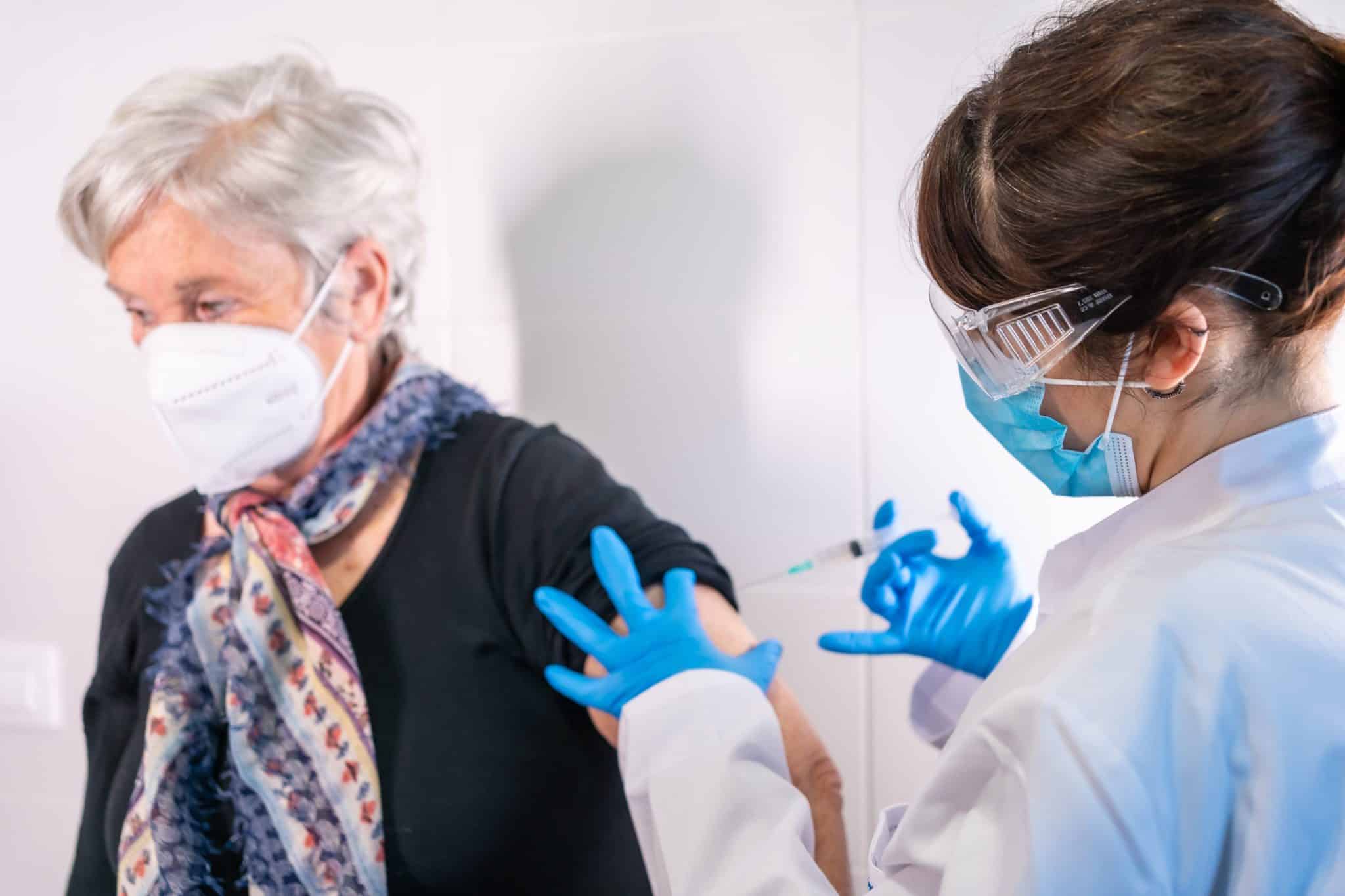There’s More Than One Way To Get Hurt in a FL Pool
One of the best things about Florida is the weather. While there are certain times of the year where it cools off, for the most part, it’s sunny and beautiful any month of the year. The number of swimming pools found in private homes in Florida is further proof of just how sunny the weather is.
The problem with swimming pools is that they can be dangerous. In fact, there are many liability issues that can come into play if you have a swimming pool in your home. Accidents around the pool tend to happen quickly and take people by surprise.
Here are some of the most common ways that people become injured around Florida pools. We’ll talk about the liability concerns surrounding these incidents, including what course of action you can take if you’re the one that sustains a Florida pool injury.
Common Swimming Pool Accidents
There are several very common injuries related to swimming pools that occur in Florida every year. The most common include:
Slip and Fall Accidents
Slip and fall accidents are by far the most common swimming pool accident, which adds up, since pool decks are often wet and slippery. Anyone who falls on the deck near the pool can injure themselves in a variety of ways.
Drowning Accidents
Unfortunately, this is another very common accident around a pool. Many people go into pools without knowing how to swim properly, including little kids. Surprisingly, drowning can often occur even when other people are around. It can also happen if there’s not a proper fence with a lock that surrounds the pool area.
Electrocutions
Pools are full of water, but they also happen to be near houses that require a lot of electricity. Sometimes these two things come together to cause injuries that can be quite serious.
Risks from Pool Drains and Filters
You need drains and filters in a pool to help keep it clean and properly functioning. Unfortunately, these pool necessities can also pose a risk to those swimming in the pool. The sucking power of some filters and drains can lead to injuries.
Infections
Infections don’t seem to be a common thing most people associate with pool injuries, but they are quite common. If a pool is not kept up properly with the right balance of chemicals, then bacteria can grow in the water and make those who swim in it sick.
Liability for Florida Pool Accidents
When an accident happens in a pool, the first thing that needs to happen after everyone has gotten medical treatment is determining who is at fault. Pool owners are not automatically liable for injuries that occur However, there are rules that apply to them which may not apply to other property owners.
Premises liability applies to swimming pool injuries, because a pool is considered a part of someone’s property. There are three types of entrants with different duties of care under premises liability. They are:
Invitee
Invitees are those who use a public pool, and they are the group of people owed the greatest duty of care. Public pool owners are required under the law to repair and maintain the pool so that it does not cause injuries. They also are required to:
- Provide supervision
- Post adequate signage
- Provide emergency equipment
- Post warnings about pool hazards
- Maintain the pool and its surrounding areas
Licensee
Licensees are guests on private property who are invited by the owner of the home. It is the responsibility of the homeowner to ensure that licensees are warned of hazards that may not be obvious.
Trespasser
A person who doesn’t have permission to be on the property or in the pool is considered a trespasser. A pool owner has no duty of care to this entrant.
However, this does not apply to children too young to understand the dangers of a pool. Extra precautions must be taken by the pool owner to keep children out of the pool. This is usually accomplished with a fence and child-proof gate.
Statute of Limitations
In Florida, a person has a certain amount of time to bring a swimming pool liability case. Four years from the date of the accident is the amount of time generally allowed to bring a lawsuit. If death is involved, then survivors have two years to bring a lawsuit. If a lawsuit is filed outside of this statute of limitations, it will automatically be dismissed.
Swimming pools are fun but also present a lot of dangers. Make sure to take precautions to protect yourself if you own a pool, and try to stay safe when you’re enjoying them.
About the Author:
Andrew Winston is a partner at the personal injury law firm of Winston Law. For over 20 years, he has successfully represented countless people in all kinds of personal injury cases, with a particular focus on child injury, legal malpractice, and premises liability. He has been recognized for excellence in the representation of injured clients by admission to the Million Dollar Advocates Forum, and named one of America’s Top 100 High-Stakes Litigators. Mr. Winston is AV Preeminent Rated by the Martindale-Hubbell Law Directory, enjoys a 10.0 rating by AVVO as a Top Personal Injury Attorney, has been selected as a Florida “SuperLawyer” from 2011-2020 – an honor reserved for the top 5% of lawyers in the state – was voted to Florida Trend’s ”Legal Elite,” recognized by Expertise as one of the 20 Best Fort Lauderdale personal injury attorneys, named one of the Top 100 Lawyers in the Miami area for 2015-2017, and one of the Top 100 Lawyers in Florida for 2015-2017 and 2019.
 Gross Negligence in FL: What You Need to Know
Gross Negligence in FL: What You Need to Know 


















